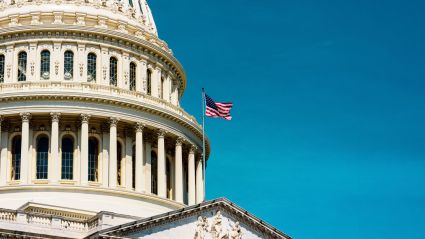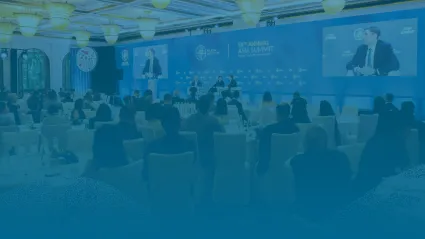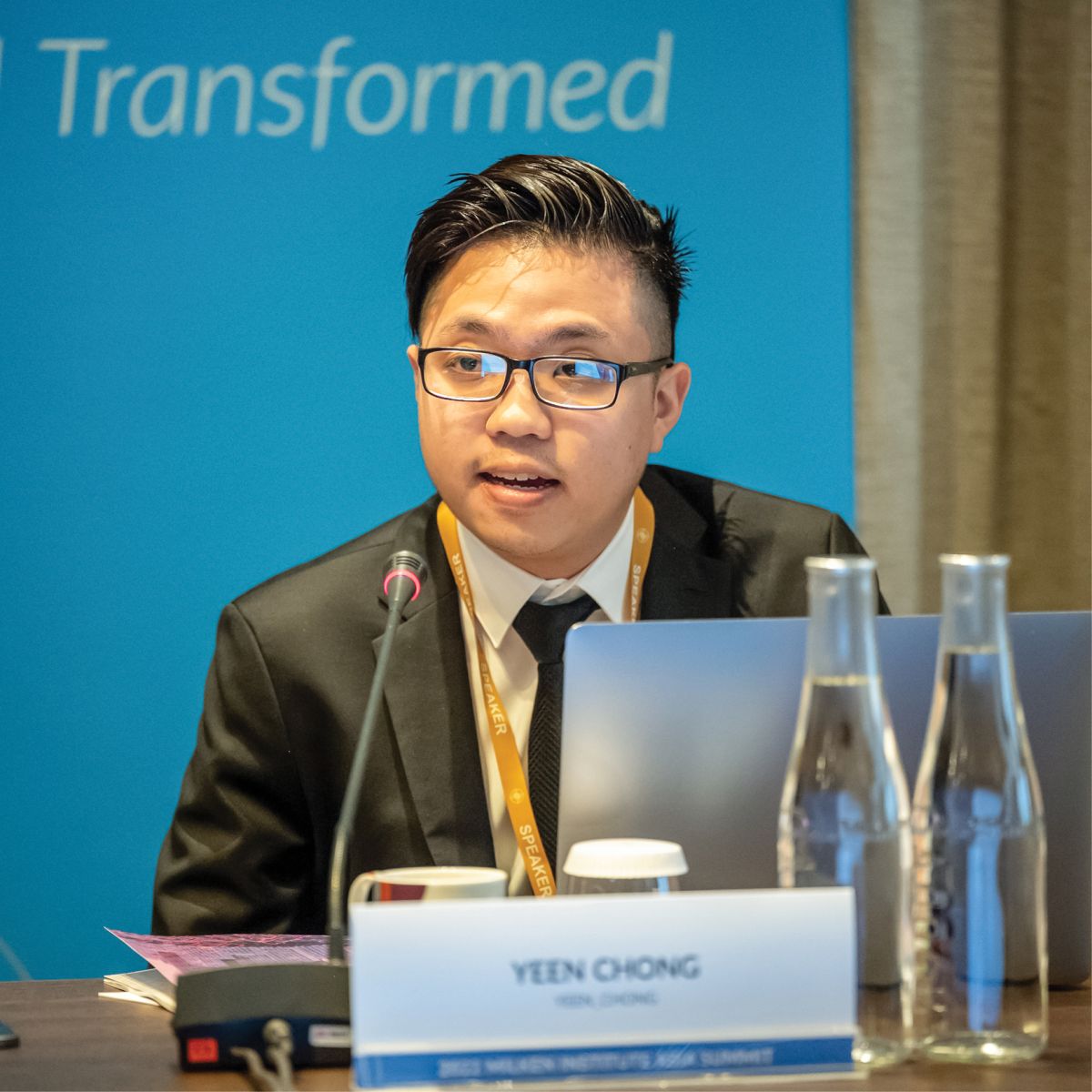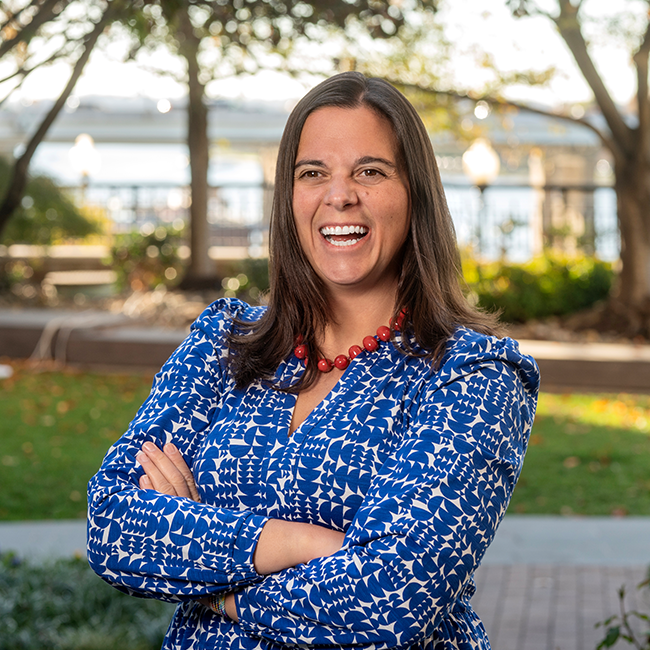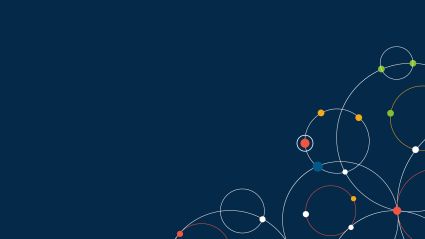
Multi-stakeholder collaboration isn’t just the participation trophy of biomedical research and development (R&D), a nice way to make sure everyone feels included.
No one organization or sector alone can bring a scientific discovery through product development. The process takes years and often requires participation from patient advocates, academia, industry, and government. We’re beginning to appreciate just how hard cracking our biological code is in many instances and that we need to engage partners from diverse disciplines and with a range of skills that have not always worked closely with one another. Stakeholders in R&D increasingly look to foundations to be the “honest brokers” to lead these collaborations. Building and sustaining a collaborative venture with sometimes competing interests, however, is not for the faint of heart and is a far cry from the individual grant-making process that foundations have focused on in the past.
In April 2017, FasterCures convened a select group of foundation leaders and other stakeholders to take the conversation about the partnerships that venture philanthropies are leading to a new level of specificity. We examined different types of relationships and agreement structures, how the agreements originate and what’s necessary to sustain them, and how partners are addressing legal and cultural challenges that can divide them.
Throughout the workshop, participants discussed:
-
When is collaboration the right solution, and what forms might it take?
-
How can foundations ensure that their mission and values are preserved while taking into account their partners’ differing interests and needs?
-
What are the main obstacles to creating efficient and effective collaborations, and what are examples of when it has worked well?
-
What resources exist—or are needed—to address key issues, such as legal agreements, data sharing, and intellectual property (IP) protection?
We asked participants to provide specifics and to come armed with documents, legal language, templates, and recommendations for tools and resources that they could share with the community. Those documents became the backbone of the “Foundations as Collaboration Conveners” toolkit.
Participants in the workshop drove the discussion toward action with an agenda focused on:
-
What are the most significant challenges for partners internally and externally that need to be addressed?
-
What tools and resources would be useful in streamlining the planning and execution of collaborative initiatives by foundations?




